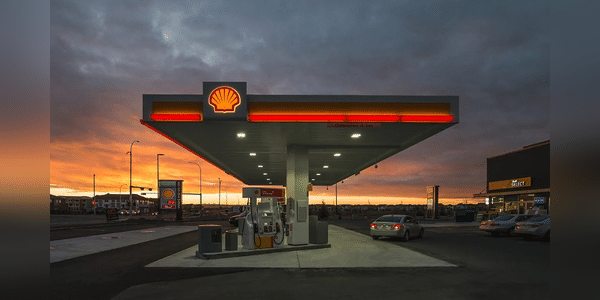A Dutch appeals court has ruled that Shell is not obliged to drastically cut its carbon emissions by 2030, dealing a blow to efforts by environmental activists to curb climate change pollution. The ruling, which came during the COP29 climate summit in Baku, overturned a previous ruling obliging the British oil giant to drastically cut carbon emissions.

Shell $SHEL expressed satisfaction with the court's decision, which Shell CEO Wael Sawan said was the right step for the global energy transition, the Netherlands and the company itself. The previous 2021 ruling ordered Shell to reduce its carbon dioxide emissions by 45% by 2030 from 2019 levels. This requirement included not only emissions from Shell's own operations, but also emissions from products the company sells.
The Court of Appeals in The Hague recognized that Shell has an obligation to limit its carbon dioxide emissions to protect the planet from dangerous climate change. However, it said there was no clear scientific consensus…